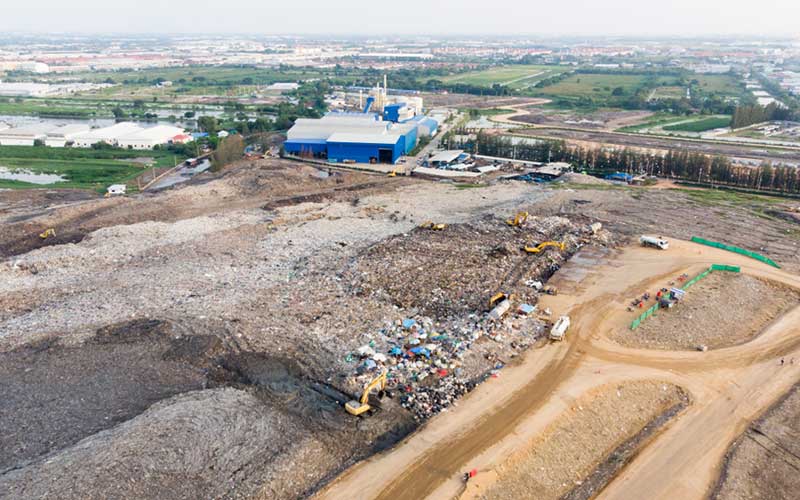Published by ALA Recycling Industries
Based on original reporting from WasteRecyclingNews.com
For the sixth consecutive year, landfills have topped the list of the most unwanted property developments in America, according to the Saint Consulting Group’s annual national survey.
In a country that needs to manage millions of tons of waste each year, landfills remain deeply unpopular—even more so than power plants, casinos, or big-box retail developments. The 2020 survey showed that 76% of Americans oppose new landfill development, with higher opposition seen in more affluent, educated communities, particularly in the Northeast.
“It is the most opposed land use in the United States,” said Patrick Fox, President of Saint Consulting. “It’s difficult to come up with reasons neighbors should support a landfill project.”
Landfills bring with them real concerns:
-
🚛 Increased truck traffic
-
🏘️ Depressed local property values
-
🌫️ Potential air and groundwater pollution
The Real Question: If Not Landfills, Then What?
At ALA Recycling Industries, we believe there’s a better way. With over 40 years of experience in the recycling industry, we help businesses and municipalities reduce landfill dependence through sustainable waste management solutions, including:
♻️ Recycling and Reuse Programs
We work with manufacturers, distribution centers, and recyclers to divert usable materials — like cardboard, plastics, and scrap metals — away from landfills and back into the supply chain.
📦 Used Gaylord Boxes for Bulk Recycling
We buy and sell used Gaylord boxes, which are perfect for storing and shipping recyclable materials like electronics, paper, and plastic. These large, durable containers are an eco-friendly packaging alternative that supports a circular economy.
Public Sentiment Reflects a Need for Change
Landfill opposition peaked at 87% in 2007, and while numbers have slightly decreased, public resistance remains strong — especially in regions like the Northeast, where space is limited and environmental awareness is high.
“People need to understand that landfills are a vital part of infrastructure,” said Will Flower, a veteran in landfill development. While that may be true, it’s clear that communities want cleaner, smarter alternatives.
Partner with ALA Recycling Industries for Sustainable Waste Solutions
If you’re looking to reduce landfill use and adopt more responsible waste management practices, ALA Recycling Industries is here to help.
We provide:
-
✅ Bulk quantities of used Gaylord boxes at competitive prices
-
✅ Customized recycling programs for your business
-
✅ Fast, reliable service built on over four decades of industry expertise
📞 Contact us today to learn how we can help your business go green — and stay profitable.

